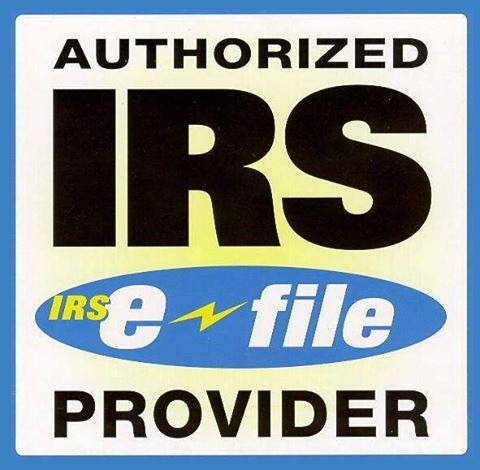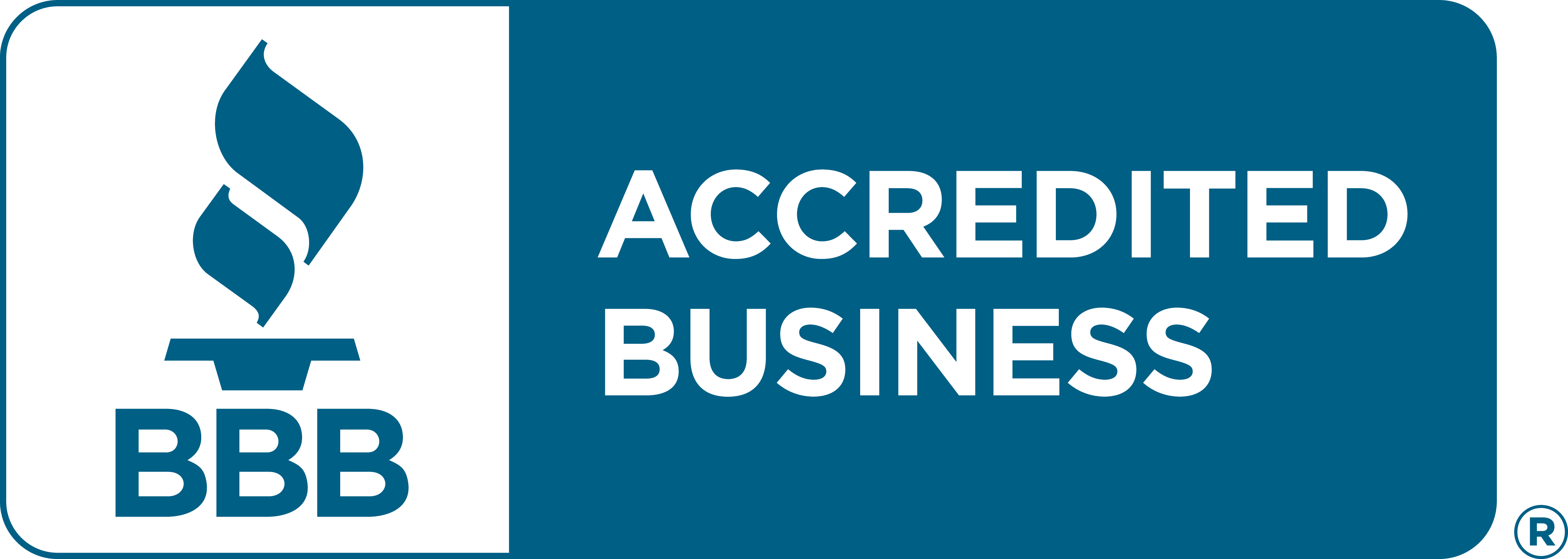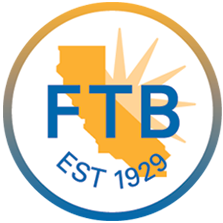Excise Tax Forms
Employment Tax Forms
Information Returns
Exempt Org. Forms
Extension Forms
Business Tax Forms
FinCEN BOIR
If you’re a trucker or fleet owner operating in multiple states or Canadian provinces, you’ve probably heard of IFTA. But what exactly is it, and why is it essential for your business? This guide covers everything you need to know about the International Fuel Tax Agreement (IFTA)—from registration and reporting to decals, deadlines, and penalties.
Table of Contents
What is the International Fuel Tax Agreement (IFTA)?
The International Fuel Tax Agreement (IFTA) is a cooperative agreement among 48 U.S. states and 10 Canadian provinces. It simplifies fuel tax reporting for interstate commercial carriers by allowing them to file a single quarterly fuel tax return through their base jurisdiction (the state or province where the business is based).
Who needs to Register for IFTA?
You must register for IFTA if:
- Your business operates qualified motor vehicles in two or more IFTA jurisdictions (U.S. states or Canadian provinces).
- Your base jurisdiction (where your vehicles are registered and where records are maintained) is part of the IFTA agreement.
If you operate only within one state (intrastate), you don’t need to register for IFTA.
What counts as a Qualified Motor Vehicle?
Under IFTA, a qualified motor vehicle is any vehicle used for transporting people or property and that meets one of the following:
- Has two axles and a gross vehicle weight (GVW) over 26,000 pounds, or
- Has three or more axles, regardless of weight, or
- It is used in combination and the total weight of the combination is over 26,000 pounds.
How to Get an IFTA License and Decals?
To obtain an IFTA license:
- Determine your base jurisdiction. This is usually the state where your business is registered and where you maintain vehicle records. or
- Apply online or by mail through your base state’s Department of Revenue or Motor Carrier Services.
- Pay the applicable fees.
- Receive your IFTA license and two decals per qualified vehicle.
- Affix one decal on each side of the vehicle’s cab.
Filing Obligations & Deadlines
Taxpayers must meet specific filing obligations based on their income, business type, or vehicle usage.
Quarterly Filing Requirements:
You are required to file an IFTA tax return every quarter, even if:
- No miles were driven, or
- No fuel was purchased
Due Dates:
Deadlines vary by form but missing them can lead to penalties and interest.
| Quarter | Reporting Period | Due Date |
|---|---|---|
| Q1 | Jan – Mar | April 30 |
| Q2 | Apr – Jun | July 31 |
| Q3 | Jul – Sep | October 31 |
| Q4 | Oct – Dec | January 31 |
You must report:
- Miles traveled in each jurisdiction
- Gallons of fuel purchased in each jurisdiction
- Fuel used per jurisdiction
Calculation of IFTA
The IFTA tax due is calculated based on:
- Total miles traveled in each IFTA jurisdiction
- Total gallons of fuel purchased
- Average miles per gallon (MPG) of your vehicles
Basic Formula:
(Total Miles ÷ Total Gallons) = MPG
Then, for each jurisdiction:
(Miles in jurisdiction ÷ MPG) × Tax rate = Tax owed
Your base jurisdiction will calculate your total fuel tax owed or any refund due and distribute funds accordingly.
Penalties for Non-Compliance
Failure to meet IFTA requirements can result in the following penalties:
- Late Filing Penalty: $50 or 10% of the total tax due—whichever is greater.
- Interest Charges: 1% per month on the amount of tax owed to each jurisdiction until paid.
- License Suspension or Revocation: Continued non-compliance may result in your IFTA license being suspended or revoked, preventing you from operating across state lines.
- Audit Risk: Poor recordkeeping or incorrect reporting may trigger an audit.
- Additional Fines and Back Taxes: If an audit reveals errors or underreporting, you may be required to pay additional taxes, interest, and penalties.
- Recordkeeping Requirement: You must maintain accurate fuel and mileage records for at least four years to stay compliant.
Key difference between IFTA vs Form 2290
While both IFTA and Form 2290 apply to heavy vehicles, they serve different tax purposes and are administered by different agencies.
| Aspect | IFTA | Form 2290 |
|---|---|---|
| Full Name | International Fuel Tax Agreement | Heavy Highway Vehicle Use Tax Return |
| Purpose | To report and pay fuel use taxes across jurisdictions | To pay the federal tax for using highways with heavy vehicles |
| Who Requires It? | Carriers operating qualified motor vehicles in 2+ states or provinces | Anyone operating a highway vehicle with a taxable gross weight of 55,000 lbs or more |
| Filing Frequency | Quarterly | Annually |
| Administered By | State agencies (your base jurisdiction) | Internal Revenue Service (IRS) |
| Payment Based On | Fuel usage and miles traveled per jurisdiction | Vehicle weight and month of first use |
| Proof of Filing Needed | IFTA license and decals | Stamped Schedule 1 (proof of payment) |
| Renewal | Annual renewal for license and decals | Annual filing based on vehicle's first month of use |
💡Tip: If you own a heavy vehicle? You must file Form 2290
- If your truck weighs 55,000 lbs or more, the IRS requires you to file Form 2290 and pay the Heavy Vehicle Use Tax (HVUT) every year.
- Don’t risk delays with IRP or IFTA registration—proof of payment (Schedule 1) is mandatory!
- Need help? Check out Form 2290 Instructions
- Watch: How to File Form 2290 within Minutes?
- Any Corrections: Form 2290 Amendments
Key Benefits of IFTA
The International Fuel Tax Agreement (IFTA) offers significant advantages for commercial motor carriers operating across multiple states and provinces. By simplifying fuel tax reporting and compliance, IFTA helps trucking companies and owner-operators save time, reduce costs, and avoid penalties. Here are the key benefits:
- Simplified Fuel Tax Reporting
- Reduced Administrative Burden
- Fair Allocation of Fuel Taxes
- Uniform Rules and Procedures
- Enhanced Compliance and Enforcement
- Cost Savings
- Convenient IFTA Decal System
Simplify IFTA Compliance and Stay Ahead of Deadlines!
With a clear understanding of IFTA requirements and the right support, you can file accurately,
avoid costly penalties, and keep your fleet compliant year-round.












